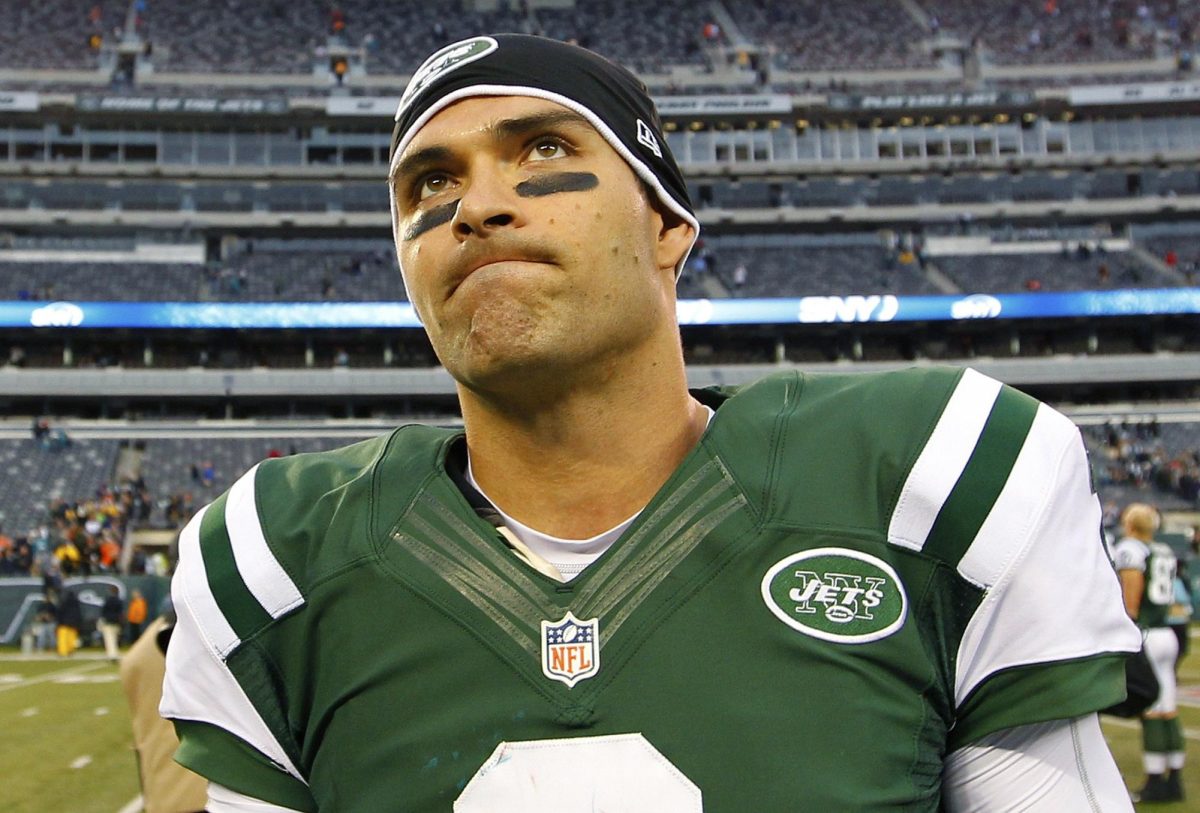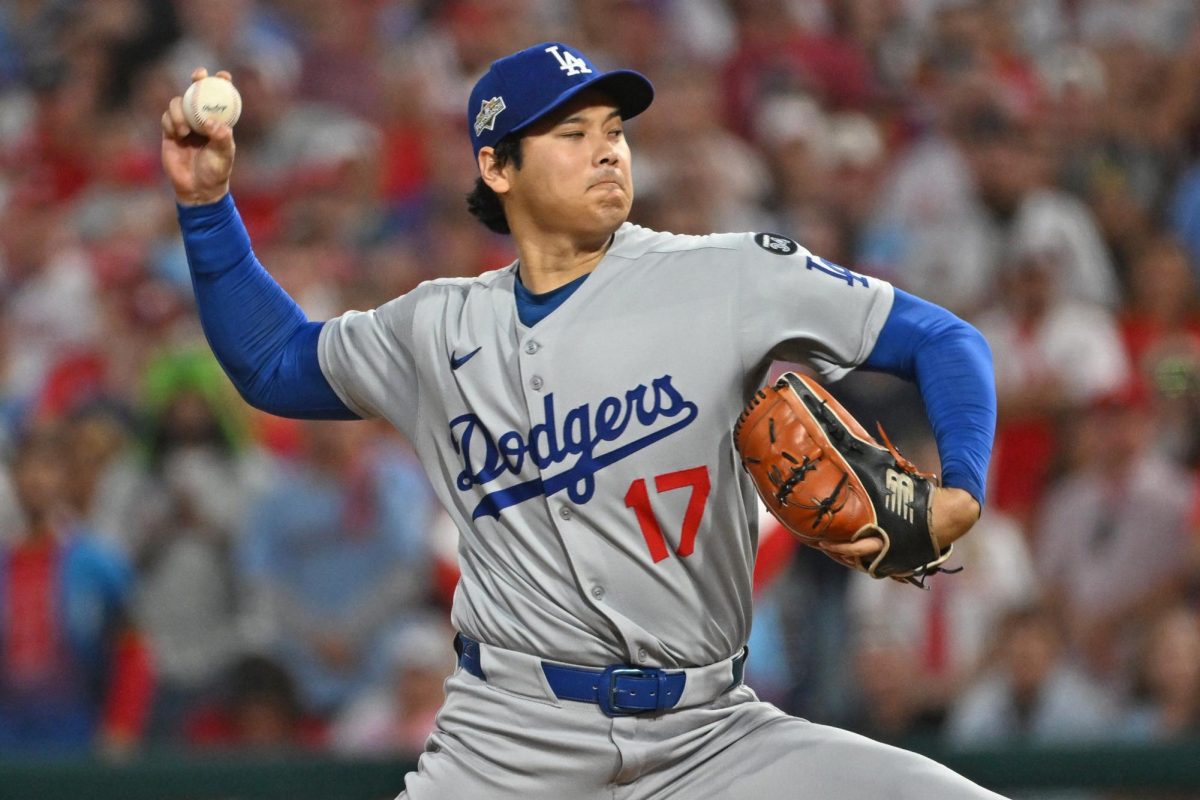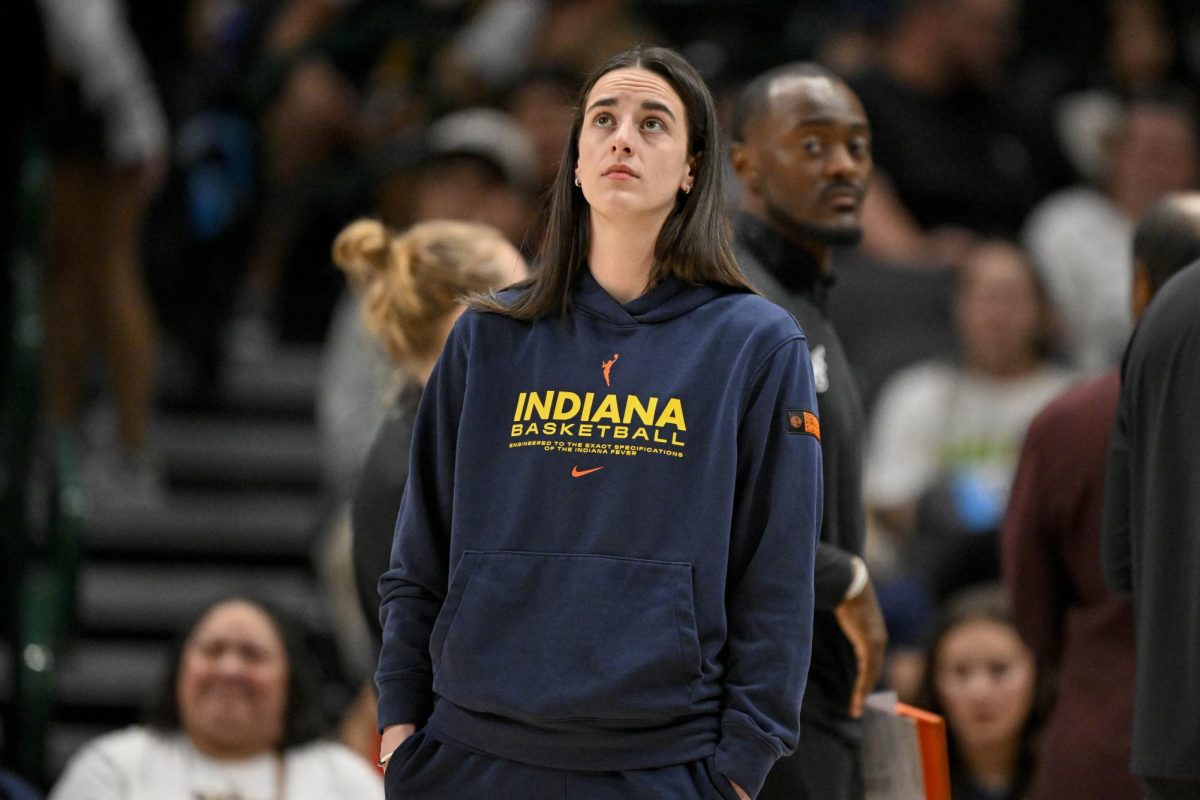By Kirk Geller ’16
Athletes across America have shown signs of taking action against political and real-world issues in their own unique way. Countering acts of superiority and defiance with victories and protests, track athletes, young hockey players and basketball superstars showed America that they don’t have to be afraid of protest and that sometimes the best way to fight back is to be yourself and thrive.
Today’s sports stars acting on their personal and political beliefs draw on a long, rich legacy of athletic activism. Jesse Owens, a track phenomenon, went up against more than fellow athletes when he entered competition in the 1936 Summer Olympics in Berlin, Germany. Adolf Hitler was using the Games to show the world a resurgent Nazi Germany. Meanwhile, Nazi propaganda promoted concepts of what the party touted as “Aryan racial superiority” and depicted others, including those of African descent, as inferior.
Owens, African American himself, countered this by winning four gold medals in various track events.
“Jesse Owens wasn’t going out to stand up against Germany at that time but his success in the Olympics just ended up being a big momentum killer to Hitler and the German government.”
While Owens created his own historical Olympic moment, the 1980 U.S. Men’s Hockey Team was working on their own miracle. Facing the competition of Soviet Russia, whose political leaders were slowly attempting to turn America into a communist country, the young and inexperienced collegiate athletes were major underdogs. The average age of the team was 21 years old, making it, at the time, the youngest hockey team in U.S. Olympic history.
The Russians were considered “amateurs,” but in reality were a team of professional hockey players in their home country and had won the gold medal in the previous four winter Olympic games. The Americans were hopeful, though, and through every piece of adversity, including President Carter’s attempt to boycott the games because of Russia’s invasion of Afghanistan and the country being left in turmoil after the Iran hostage crisis the year before, the team defeated the Soviets, 4-3, in what is now called the “Miracle on Ice.” The team would go on to win the gold medal and bring home a major victory for a country that desperately needed it.
“While the victory didn’t actually do anything to change the political landscape, it was more about the symbolism,” senior CJ Lopez said. “Democracy was better than communism, and the Soviet government couldn’t beat us.”
In 2012, the Miami Heat basketball team stood up to make a public statement about the controversial death of Treyvon Martin, a young African-American in 2012 that started bringing media exposure to white police officers attacking black civilians that were standing down willingly. On Feb. 26, Martin was repeatedly shot to death in Sanford, Fla., by gate-watcher George Zimmerman, who claimed self defense. An arrest had not been made one month later, so LeBron James and fellow Miami Heat players at the time decided to post a picture on Twitter representing their stance on the murder case. The team donned hoodies, the same clothing Martin was wearing.
Zimmerman was later arrested but found not guilty of second-degree murder and manslaughter, resulting in many protests.
“Their protest showed that there is more to sports than just sports,” junior PJ Scheer said. “Current events can have an effect on major sports in any way and their acts proved how true that is.”
Athletes giving their protest to those who feel superior or allowed to bend the rules of law presents a confidence in America that not many people in our country can match. When fans see a sports figure be victorious despite all the odds against them, it acts as a catalyst for their own passion. What do we have to be afraid of if these men can find glory? The activism that athletes show when they decide to stand up against a national cause can help America come together to stand up in the face of those who see us as inferior and show that we are a country united with victory, glory and legacy.



